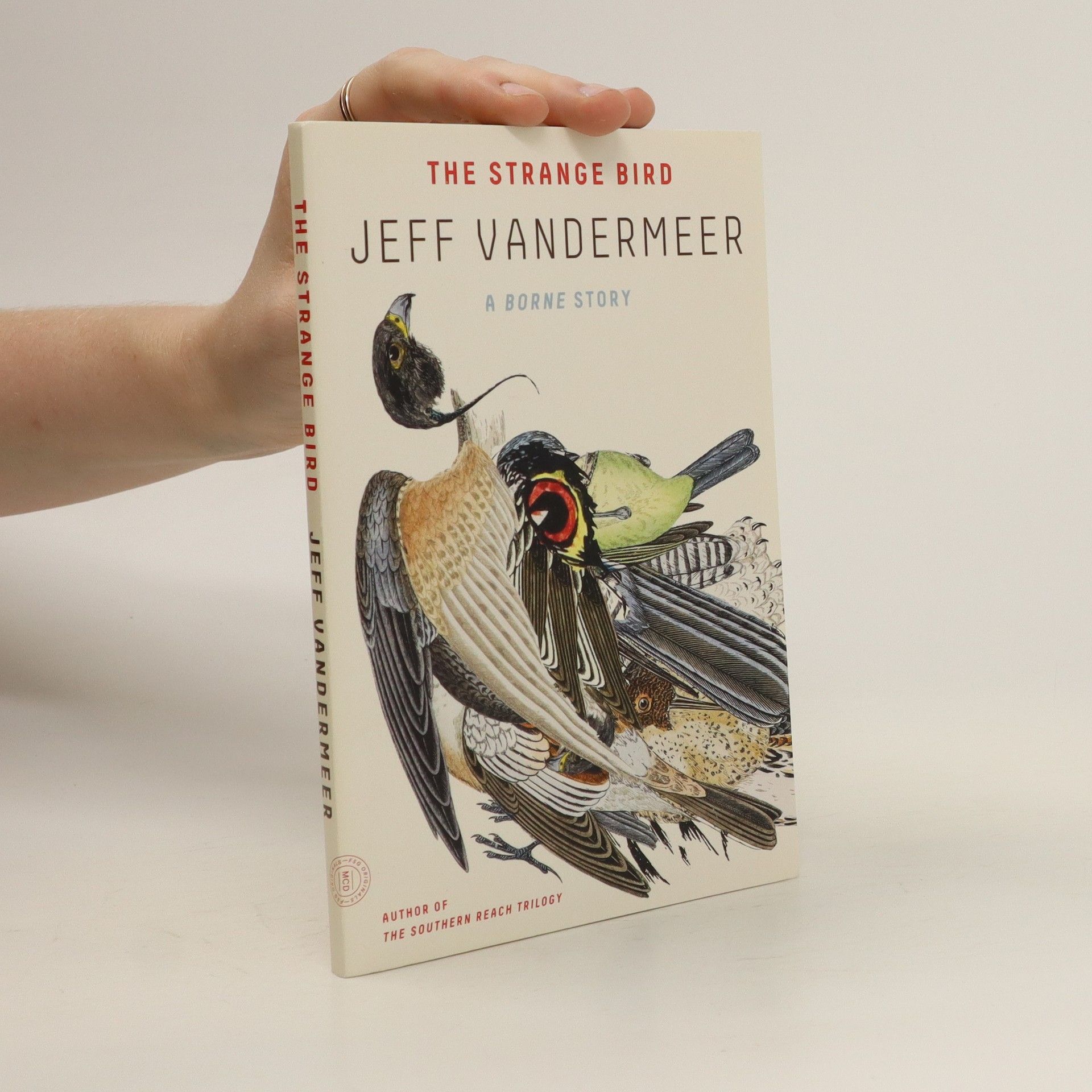A novel that is simultaneously harrowing, dark, dangerous, funny and uplifting from the author of the Southern Reach trilogy.
BorneSéries
Cette série explore les profondeurs des formes de vie radicales, interrogeant la nature insaisissable de la sentience non humaine. Les personnages évoluent dans un monde dangereux et merveilleux où les frontières entre les organismes s'estompent vers l'inconnu. Suivez leur périple de découverte et de survie au sein d'un écosystème foisonnant d'ours volants et de scarabées diagnostiques. C'est une aventure palpitante qui repousse les limites de notre conception de la vie.



Ordre de lecture recommandé
- 1
- 2
Under the watchful eye of The Company, three characters -- Grayson, Morse and Chen -- shapeshifters, amorphous, part human, part extensions of the landscape, make their way through forces that would consume them. A blue fox, a giant fish and language stretched to the limit. A messianic blue fox who slips through warrens of time and space on a mysterious mission. A homeless woman haunted by a demon who finds the key to all things in a strange journal. A giant leviathan of a fish, centuries old, who hides a secret, remembering a past that may not be its own. Three ragtag rebels waging an endless war for the fate of the world against an all-powerful corporation. A raving madman who wanders the desert lost in the past, haunted by his own creation: an invisible monster whose name he has forgotten and whose purpose remains hidden. Jeff VanderMeer's Dead Astronauts presents a City with no name of its own where, in the shadow of the all-powerful Company, lives human and otherwise converge in terrifying and miraculous ways. At stake: the fate of the future, the fate of Earth - all the Earths.
The Strange Bird
- 109pages
- 4 heures de lecture
The Strange Bird—from New York Times bestselling novelist Jeff VanderMeer—expands and weaves deeply into the world of his “thorough marvel”* of a novel, Borne. The Strange Bird is a new kind of creature, built in a laboratory—she is part bird, part human, part many other things. But now the lab in which she was created is under siege and the scientists have turned on their animal creations. Flying through tunnels, dodging bullets, and changing her colors and patterning to avoid capture, the Strange Bird manages to escape. But she cannot just soar in peace above the earth. The sky itself is full of wildlife that rejects her as one of their own, and also full of technology—satellites and drones and other detritus of the human civilization below that has all but destroyed itself. And the farther she flies, the deeper she finds herself in the orbit of the Company, a collapsed biotech firm that has populated the world with experiments both failed and successful that have outlived the corporation itself: a pack of networked foxes, a giant predatory bear. But of the many creatures she encounters with whom she bears some kind of kinship, it is the humans—all of them now simply scrambling to survive—who are the most insidious, who still see her as simply something to possess, to capture, to trade, to exploit. Never to understand, never to welcome home. With The Strange Bird, Jeff VanderMeer has done more than add another layer, a new chapter, to his celebrated novel Borne. He has created a whole new perspective on the world inhabited by Rachel and Wick, the Magician, Mord, and Borne—a view from above, of course, but also a view from deep inside the mind of a new kind of creature who will fight and suffer and live for the tenuous future of this world. Praise for Borne *“Jeff VanderMeer’s Southern Reach Trilogy was an ever-creeping map of the apocalypse; with Borne he continues his investigation into the malevolent grace of the world, and it's a thorough marvel.” —Colson Whitehead “VanderMeer is that rare novelist who turns to nonhumans not to make them approximate us as much as possible but to make such approximation impossible. All of this is magnified a hundredfold in Borne . . . Here is the story about biotech that VanderMeer wants to tell, a vision of the nonhuman not as one fixed thing, one fixed destiny, but as either peaceful or catastrophic, by our side or out on a rampage as our behavior dictates—for these are our children, born of us and now to be borne in whatever shape or mess we have created. This coming-of-age story signals that eco-fiction has come of age as well: wilder, more reckless and more breathtaking than previously thought, a wager and a promise that what emerges from the twenty-first century will be as good as any from the twentieth, or the nineteenth.” —Wai Chee Dimock, The New York Times Book Review